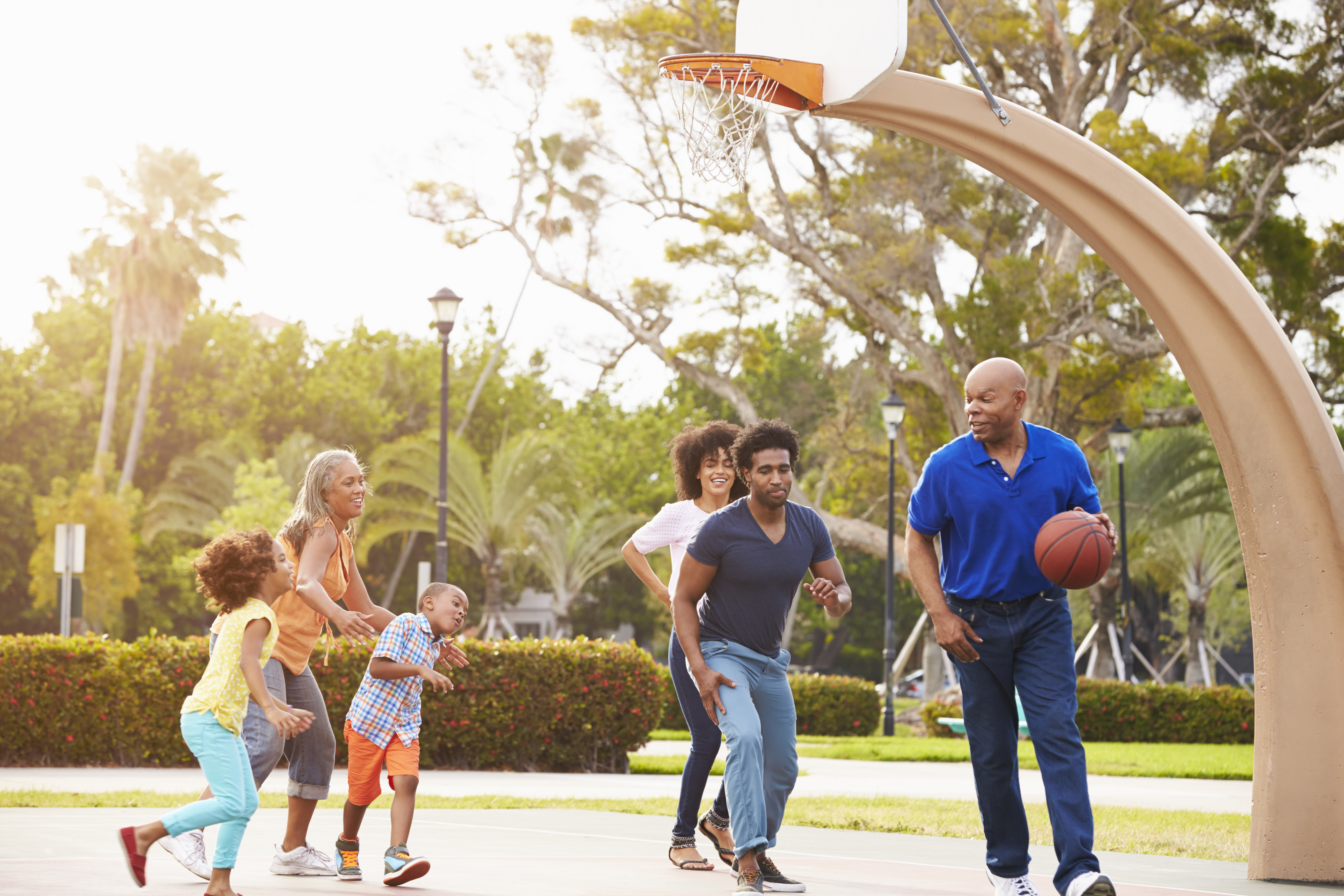We know the following to be true:
- Movement can help maintain a healthy weight, lift one’s mood, prevent a slew of serious health conditions and promote sleep.
- Physical activity boosts brain health. People who exercise regularly are less likely to experience mental decline and develop Alzheimer’s disease. Later in life, the hippocampus (a part of the brain involved in forming memories) shrinks, leading to impaired memory and increased dementia risk. Aerobic exercise can improve retention because it’s effective at reversing hippocampal loss. To summarize, aging naturally shrinks the brain, but exercise can reverse it.
- In addition to exercise, a rich social life can decrease dementia risk and boost short-term memory. Social interaction can also reduce one’s risk of premature death, according to a British study of 6,500 participants. Research suggests the physical aspect of isolation, rather than the feeling of loneliness, is what poses a higher risk. Other studies have found that a lack of social ties can be as harmful to health as other risk factors such as inactivity, obesity and smoking. A review of over 140 studies comprised of more than 300,000 participants found that those with close relationships with family, friends and co-workers have a 50 percent lower risk of dying over a given period than those with fewer social connections.
So what combines exercise and social interaction? Team sports. Social networks and regular physical activity are important threads in the fabric of health, and participating in team sports is one way to nurture these aspects of wellbeing. Modern-day technology can be isolating. Nowadays, you can even play sports virtually. While fun, this form doesn’t measure up to the real deal. Encourage your work team to continue their teamwork outside the office walls. In addition to the physical benefits, participating in sports:
- Is fun
- Offers time to unwind and relieve stress
- Can provide motivation for being active
- Develops mental resiliency
- Team sports can teach people to bounce back after a missed play or loss and determine what improvements can be made to perform better in the future. They also require keeping emotions in check and staying mentally tough. If you or a teammate makes a mistake, you need to move on quickly and not ruminate on the play.
- Builds the mind-body connection
- To compete and win, you need to be able to make quick decisions and communicate to your body what actions need to be taken.
- Boosts mood
- Exercise releases chemicals in the brain that can make you feel happier and less stressed.
- Provides built-in team-building
- Team sports involve respecting teammates and their contributions, resolving conflicts and strategizing together to win.
- Promotes goal-setting when areas for improvement are identified
- Stimulates skill mastery (required to progress in sports), which can boost confidence and self-esteem
It is recommended that adults get at least 150 minutes of physical activity each week. For people who have a hard time rallying to exercise, they may find that an hour running up and down a soccer field or basketball court with friends or co-workers flies by a lot faster than time spent on a treadmill.
Here are some ideas for integrating team sports into your workplace culture:
- Put together a company team. Softball, kickball and soccer are popular sports and are accessible to beginners wanting to play on a team.
- Promote some friendly competition between departments by hosting a one-day sporting tournament. Top off the event with a barbecue featuring healthy fare.
- Organize a lunchtime or after-work drop-in league for employees who can’t commit to a formal team. Basketball is a great candidate for this.
- If employees want to take charge of assembling teams, subsidize registration fees.
Team sports are timeless. Let your workforce know about the potential benefits of carving out time for athletic leisure with others.
www.sciencedirect.com/science/article/pii/S1047279796000956
well.blogs.nytimes.com/2010/07/28/a-new-risk-factor-your-social-life/?_r=0
www.ncbi.nlm.nih.gov/pubmed/12595152
www.ncbi.nlm.nih.gov/pmc/articles/PMC3751802/
www.scientificamerican.com/article/relationships-boost-survival/
journals.plos.org/plosmedicine/article?id=10.1371/journal.pmed.1000316#top
www.bloomberg.com/news/articles/2012-10-04/seniors-engaged-pursuing-sports-to-culture-living-longer
http://www.mayoclinic.org/alzheimers-disease/expert-answers/faq-20057881
http://www.ncbi.nlm.nih.gov/pmc/articles/PMC2936720/

